Everything you need to know about Ramadan 2023
Catalogue
- Traditions of Ramadan
- When is Ramadan 2023?
- When does Ramadan end 2023?
- Ramadan 2023: Special foods
- Ramadan 2023: Special Activities
- Ramadan 2023: Benefits of Fasting
Show More
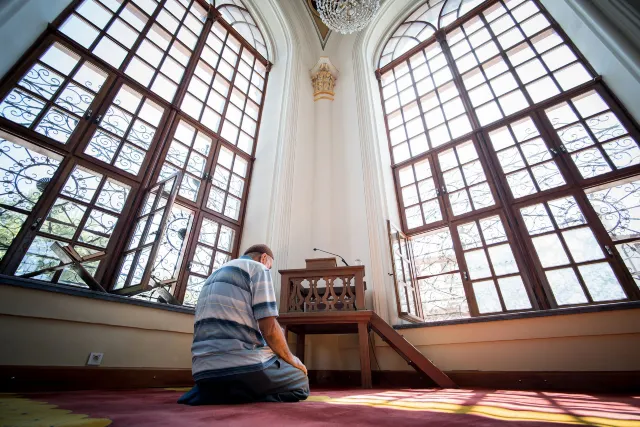
Ramadan, which falls on the ninth month of the Islamic calendar, is noted as one of the most sacred times for Muslims. This year, Ramadan is expected to kick off in the evening on March 22, 2023, following the sighting of the moon over Mecca. And it runs until April 20, 2023. As Ramadan 2023 draws near, here is everything you need to know about the custom.
The auspicious month of Ramadan is a time for reflection, contemplation and celebration. During this time, generally Muslims across the globe are required to fast and go to the mosque and spend several hours praying on each of the 29 to 30 days of Ramadan.
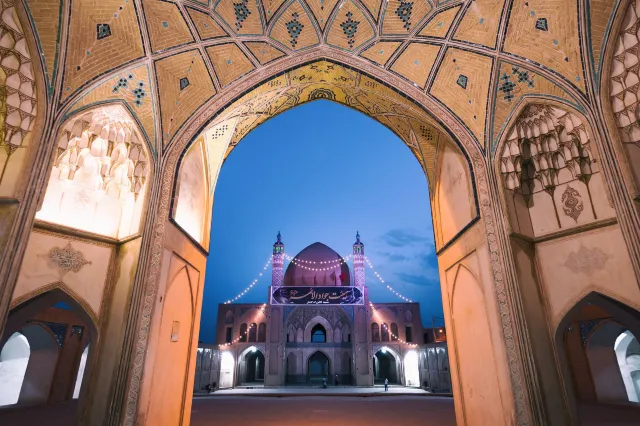
When it comes to Ramadan, many of you might be curious about how Muslims observe fasts and prayers in Ramadan. In general, fasting is defined as abstaining from food, drink, and sexual relations from before the first light of dawn until the sun sets.
During Ramadan time, many Muslims usually go to the mosque and pray for several hours. In addition to the five daily prayers required by Islam, Muslims recite a special prayer known as the Tarawih prayer (night prayer).
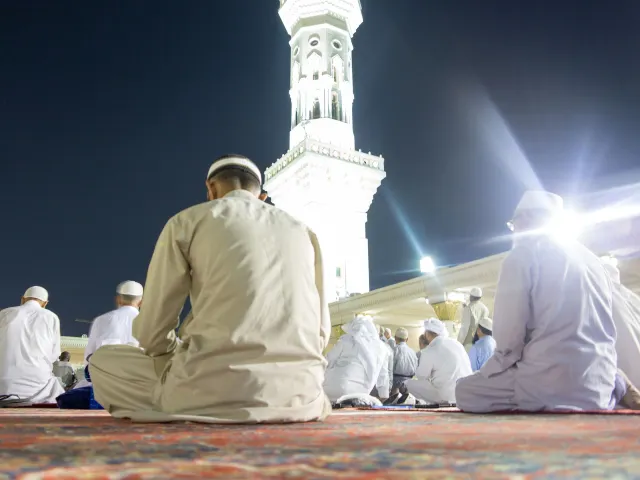
The Islamic calendar follows the phases of the moon, and commonly known as the lunar cycle. Because of this, the Holy month of Ramadan falls about 10 days earlier every year in the Gregorian calendar.
The Muslim festival of Eid al-Fitr officially marks the end of Ramadan. The exact time is determined by the moon's appearance. Eid al-Fitr officially begins on the start of the Islamic month of Shawwal, the tenth month of the Islamic (Hijri) calendar.
Breaking the fast with dates or water is the only strictly traditional culinary custom associated with Ramadan. It is interesting to note the suitability of dates for this purpose as they are a concentrated source of energy and easily digestible. Different Muslim-populated countries have a variety of special dishes and desserts for Ramadan.
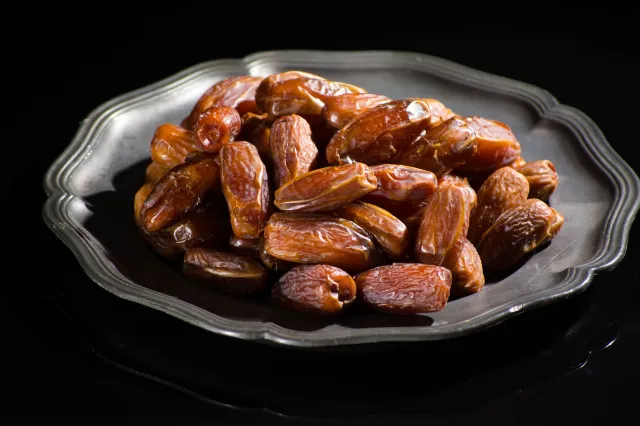
The only strictly traditional culinary custom associated with Ramadan is breaking the fast with dates or water. It is worth noting that dates are an excellent source of concentrated energy that is also easily digestible. For Ramadan, different Muslim-populated countries have a variety of special dishes and desserts.
Daily community dinners are held in many mosques so that Muslims can break their fast together. It’s a great service for students, the poor, and anyone who wants to avoid cooking. The community dinner is also held on the weekends.
After the night prayer, most mosques hold special Ramadan prayers called taraweeh. The prayer leader recites at least one-thirtieth of the Qur'an during taraweeh, so that by the end of the month, the entire Qur'an has been recited.
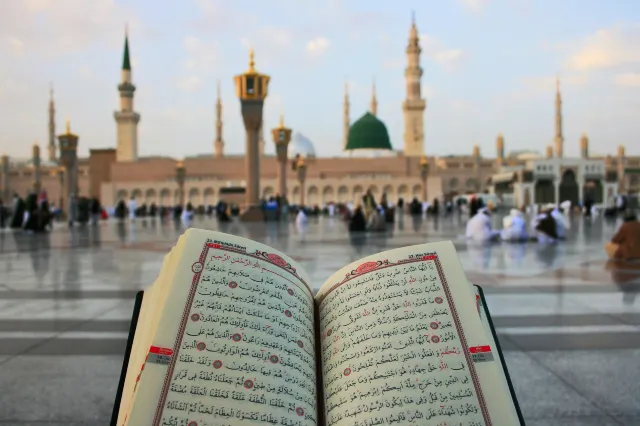
Many mosques hold food drives or charity fundraisers during Ramadan because Ramadan is a time for Muslims to be especially charitable. And fasting helps Muslims feel compassion for the hungry and less fortunate. Many mosques also host open houses for their friends and neighbors of other faiths to join them at the end of the fasting day for their fast-breaking dinner or iftar.
The Night of Power, also known as Lailat al-Qadr, is believed to occur on one of the odd nights during the last ten days of Ramadan, but is most widely celebrated on the 27th night. It is regarded as the most blessed night of Ramadan because it is thought to be the night when the Quran was first revealed. Mosques remain open throughout the night as Muslims pray, recite the Qur'an, and reflect.
Fasting is highly recommended by doctors for lowering cholesterol and other health benefits. Fasting is a method of purifying both the body and the spirit because it gives the body a rest from the constant task of digesting food.
Trending Travelogues
Popular Travel Types
Popular Attractions
Popular Ranked Lists
Popular Destinations
Recommended Attractions at Popular Destinations









Site Operator: Trip.com Travel Singapore Pte. Ltd.


